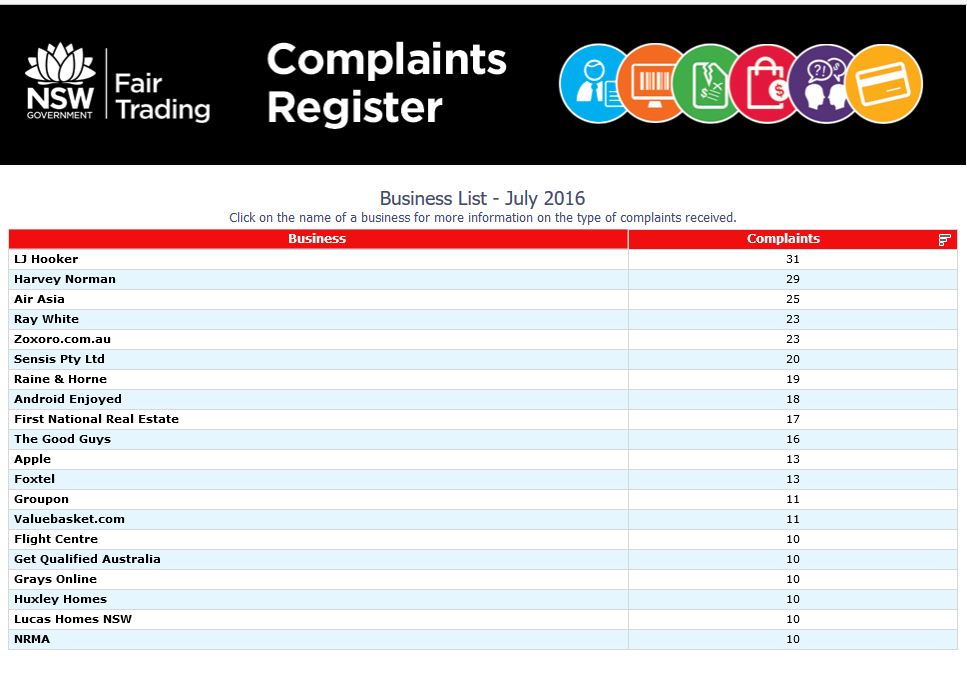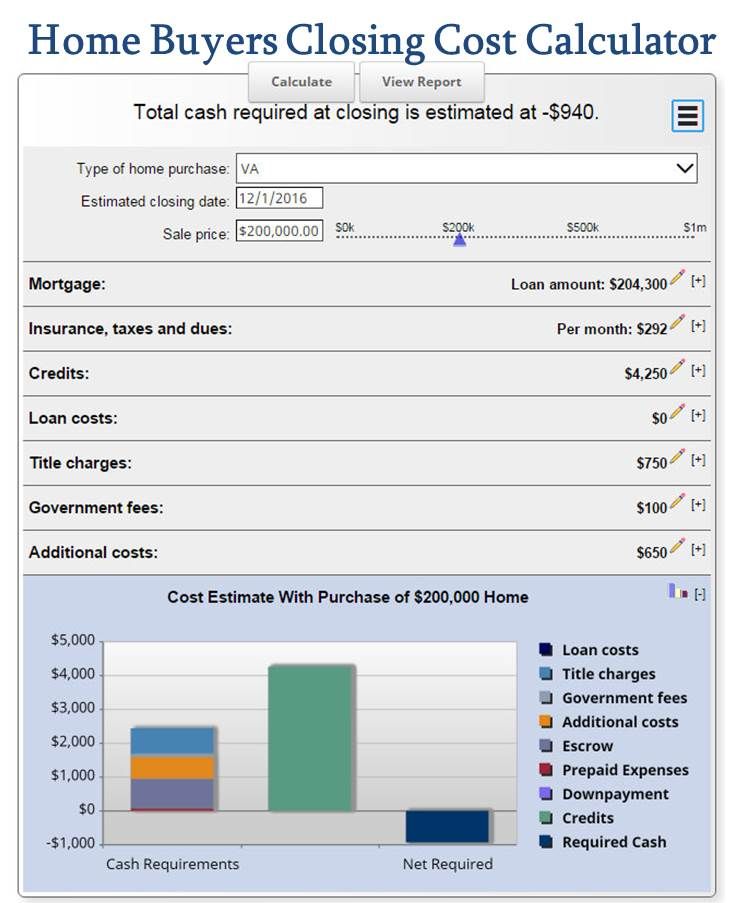
Real estate development is a popular career for people looking to make their mark in the property industry. Developers acquire land to build new structures, or to modify existing structures, in order increase the property's value. It is not uncommon for these projects to be large and complex. They require many layers of planning, development and maintenance that can take years.
Real estate isn’t for everyone. They come with their own set of challenges and risks, and developers need to know how to minimize them.
How to become an estate developer
A lot of people think developers are Monopoly-man wealthy individuals with lots of cash. They are hard workers and put in a lot effort to ensure that every project is completed on schedule and within budget.
First, choose the type project that you would like to work on. Then commit to it. You might choose to work on single-family homes or multi-family housing, or you may choose to specialize in commercial property development.

If you intend to develop commercial buildings, your next step will be to get a permit. Also, financing is required. You will also need to hire architects or engineers to help you design your building.
How to Start a Real Estate Development Business
Real estate development is your passion. There's no better time than right now to start the business. However, before you get big in real estate development, you need to know everything about the industry to ensure you are ready for the challenges ahead.
Investors will also be needed to invest in your venture. If you have a good track record of successfully developing properties, it's likely that you'll be able to attract these investors and secure the funding you need.
What Is Real Estate Development, and Why Is It Important?
Real estate development refers to the transformation of property into something of greater value. This can be as simple as a single-family house or as complicated as a major industrial complex.
The process begins with pre-development, which involves finding the right property for a project and analyzing it to determine how much value it can add. It's crucial that this is done early in the development process to determine the costs of developing a property as well as how many units you can fit inside it.

Once you've done this, it's time to begin construction. Depending on the type of property you're working on, this might include the demolition of old buildings or the addition of new ones.
The developer is responsible to prepare the property for a tenant once construction is complete. This includes installing fixtures, flooring and lighting that will make it comfortable for the tenant.
You might need to either hire another professional or find a contractor during this phase. Check their references to ensure they are able to deliver the quality and service you require.
FAQ
How much money should I save before buying a house?
It depends on how much time you intend to stay there. You should start saving now if you plan to stay at least five years. If you plan to move in two years, you don't need to worry as much.
What should I look for when choosing a mortgage broker
A mortgage broker assists people who aren’t eligible for traditional mortgages. They search through lenders to find the right deal for their clients. This service may be charged by some brokers. Others provide free services.
Are flood insurance necessary?
Flood Insurance covers flooding-related damages. Flood insurance protects your belongings and helps you to pay your mortgage. Learn more about flood coverage here.
Do I need to rent or buy a condo?
Renting is a great option if you are only planning to live in your condo for a short time. Renting saves you money on maintenance fees and other monthly costs. You can also buy a condo to own the unit. You are free to make use of the space as you wish.
What are some of the disadvantages of a fixed mortgage rate?
Fixed-rate loans are more expensive than adjustable-rate mortgages because they have higher initial costs. Also, if you decide to sell your home before the end of the term, you may face a steep loss due to the difference between the sale price and the outstanding balance.
Statistics
- This means that all of your housing-related expenses each month do not exceed 43% of your monthly income. (fortunebuilders.com)
- Private mortgage insurance may be required for conventional loans when the borrower puts less than 20% down.4 FHA loans are mortgage loans issued by private lenders and backed by the federal government. (investopedia.com)
- Over the past year, mortgage rates have hovered between 3.9 and 4.5 percent—a less significant increase. (fortunebuilders.com)
- When it came to buying a home in 2015, experts predicted that mortgage rates would surpass five percent, yet interest rates remained below four percent. (fortunebuilders.com)
- Based on your credit scores and other financial details, your lender offers you a 3.5% interest rate on loan. (investopedia.com)
External Links
How To
How to Manage a Rent Property
Renting your home can be a great way to make extra money, but there's a lot to think about before you start. These tips will help you manage your rental property and show you the things to consider before renting your home.
Here are some things you should know if you're thinking of renting your house.
-
What do I need to consider first? Take a look at your financial situation before you decide whether you want to rent your house. You may not be financially able to rent out your house to someone else if you have credit card debts or mortgage payments. It is also important to review your budget. If you don't have enough money for your monthly expenses (rental, utilities, and insurance), it may be worth looking into your options. It might not be worth the effort.
-
How much will it cost to rent my house? It is possible to charge a higher price for renting your house if you consider many factors. These include factors such as location, size, condition, and season. It's important to remember that prices vary depending on where you live, so don't expect to get the same rate everywhere. Rightmove reports that the average monthly market price to rent a one-bedroom flat is around PS1,400. This means that your home would be worth around PS2,800 per annum if it was rented out completely. This is a good amount, but you might make significantly less if you let only a portion of your home.
-
Is it worth the risk? There are always risks when you do something new. However, it can bring in additional income. Before you sign anything, though, make sure you understand exactly what you're getting yourself into. Renting your home won't just mean spending more time away from your family; you'll also need to keep up with maintenance costs, pay for repairs and keep the place clean. Before signing up, be sure to carefully consider these factors.
-
What are the benefits? There are benefits to renting your home. There are many reasons to rent your home. You can use it to pay off debt, buy a holiday, save for a rainy-day, or simply to have a break. No matter what your choice, renting is likely to be more rewarding than working every single day. You could make renting a part-time job if you plan ahead.
-
How do I find tenants? Once you've made the decision that you want your property to be rented out, you must advertise it correctly. You can start by listing your property online on websites such as Rightmove and Zoopla. Once you receive contact from potential tenants, it's time to set up an interview. This will allow you to assess their suitability, and make sure they are financially sound enough to move into your house.
-
How do I ensure I am covered? You should make sure your home is fully insured against theft, fire, and damage. Your landlord will require you to insure your house. You can also do this directly with an insurance company. Your landlord will likely require you to add them on as additional insured. This is to ensure that your property is covered for any damages you cause. If you are not registered with UK insurers or if your landlord lives abroad, however, this does not apply. In such cases you will need a registration with an international insurance.
-
If you work outside of your home, it might seem like you don't have enough money to spend hours looking for tenants. However, it is important that you advertise your property in the best way possible. A professional-looking website is essential. You can also post ads online in local newspapers or magazines. Additionally, you'll need to fill out an application and provide references. Some prefer to do it all themselves. Others hire agents to help with the paperwork. In either case, be prepared to answer any questions that may arise during interviews.
-
What happens after I find my tenant?After you've found a suitable tenant, you'll need to agree on terms. If there is a lease, you will need to inform the tenant about any changes such as moving dates. You can negotiate details such as the deposit and length of stay. You should remember that although you may be paid after the tenancy ends, you still need money for utilities.
-
How do I collect rent? You will need to verify that your tenant has actually paid the rent when it comes time to collect it. If they haven't, remind them. You can deduct any outstanding payments from future rents before sending them a final bill. You can always call the police to help you locate your tenant if you have difficulty getting in touch with them. They will not usually evict someone unless they have a breached the contract. But, they can issue a warrant if necessary.
-
How do I avoid problems? It can be very lucrative to rent out your home, but it is important to protect yourself. Ensure you install smoke alarms and carbon monoxide detectors and consider installing security cameras. Also, make sure you check with your neighbors to see if they allow you to leave your home unlocked at night. You also need adequate insurance. Finally, you should never let strangers into your house, even if they say they're moving in next door.